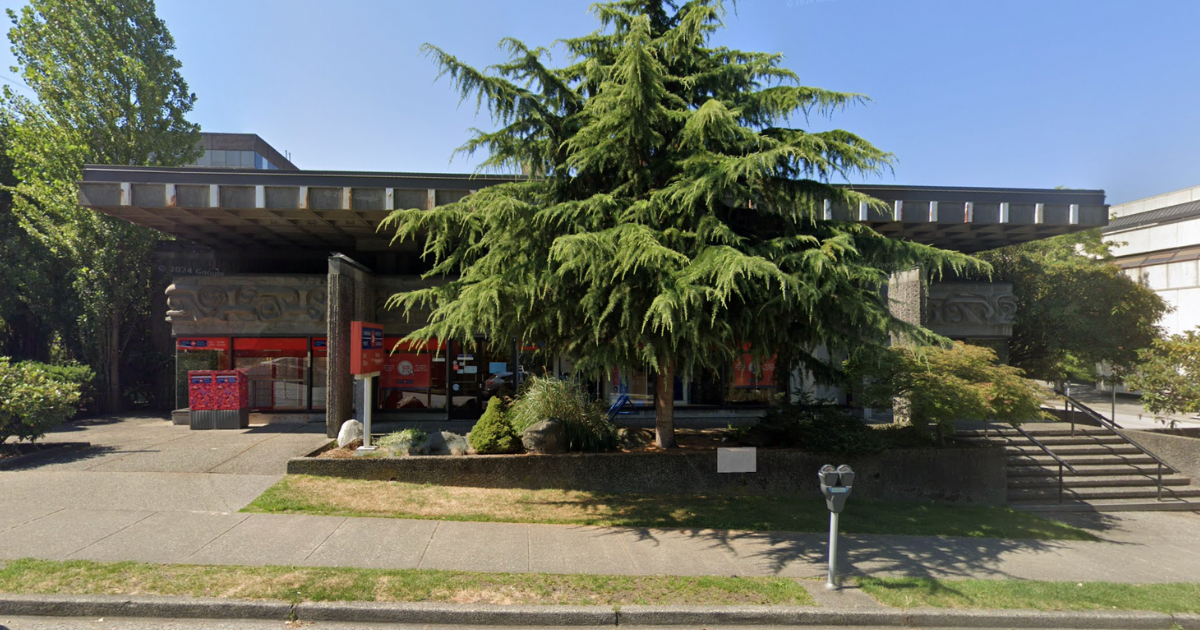Robot real estate agents aren’t about to take over the industry, but more brokers and agents are seeing the benefit of chatbots – software programs that can engage in conversations – to help them do business.
Halifax brokerage The Pike Group is a case in point. It launched the world’s first Facebook Messenger chat service that uses a chatbot named HaliBot.
“While there are already amazing business benefits to investing in chatbot marketing compared to email, the real reason I’m using a chatbot is to build the voice for my brand and to gather data.… to use artificial intelligence to learn who to talk to, and how and when to talk to them so we can serve them better,” says owner Sandra Pike. “It starts the conversation and engages new potential customers at scale.”
Pike created a property listings feature hosted in HaliBot last August. She markets primarily through Facebook with a link to her Messenger through “fun monthly contests.”
HaliBot developer Dean Bracko says the idea of the contest is simply to break the ice with first-time entrants. Surprisingly, many people who connect with Pike’s Facebook Messenger leave their “real” email address, not a fake one – a common response on non-chatbot sites.
“We see people share more and tour (the site) more in the second month’s contest,” says Bracko, owner of Ottawa-based NachosBot.
Bracko says HaliBot markets a soft sell. “It’s about building a relationship so when they are ready to buy or sell (a property), who is going to be top of mind?”
Calling it an “effortless audience building system,” Pike says HaliBot emails her when she has a lead or a question from a client.
Pike primarily targets millennials (people under 36-years-old) – the largest group of home buyers, according to a trends report by the U.S.-based National Association of Realtors. That group most often starts its search online. They rarely call a Realtor until they have done extensive research, which includes Google and Facebook reviews.
A chatbot helps simplify their research, Pike says, adding that young clients have “zero interest in filling out live chat pop-ups. They know this is a marketing ploy to collect their email and put them in a sales funnel.”
Salespeople need to be where their prospective clients are – on social media sites like Facebook, Instagram and Twitter, Pike says. “There’s a huge untapped potential for our clients to connect easily and quickly find the content they are looking for (with HaliBot).”
She says the majority of mobile usage is now occurring inside of popular messaging applications like Facebook Messenger (78 per cent of her prospects are on it). To get in touch with her, people simply scan a code using Messenger.
“Using Messenger chatbots to build and nurture an audience, completely automated, is amazing. But they need the pros to take over to help the client through the next phase.”
Traditional websites have lost ground because it takes time to sift through a site to find recent listings, contact info and links to reviews, she says.
Chatbots are still in their infancy – Facebook allowed them on Messenger in 2016. But they learn as they go and it can happen quickly, Bracko says. When HaliBot can’t answer a question, it replies with three ways to contact the salesperson.
In a short time, it has cultivated relationships “almost like a third entity,” he says. “We’ll see comments where people are telling HaliBot to tell Sandra things like ‘thanks’ or to tell her that that they have a new listing.”
HaliBot has tens of thousands of conversations per month and features listings with video – all within Messenger at the Pike Group. Listings can be shared to private conversations. Most of the conversations, however, are with people unprepared to buy or sell a property. If 100,000 people in Halifax are talking to HaliBot regularly, only about three per cent are ready to make a deal, says Bracko.
“I’m very clear with clients before building bots for them that we are not looking for ROI (return on investment) and we’re not looking for sales. We are looking to build a relationship tool,” says Bracko.
HaliBot’s success can be measured by the number of direct links it makes to Pike’s landing pages, he says.
Sales are generated, however. In one case with another sales rep Bracko serves, a prospective client messaged three salespeople about a property listing on a Friday night. One of the three had a chatbot, which collected the information and immediately emailed it to the real estate agent on duty, who set up an appointment the next day. The two other salespeople were slower to respond and missed out on the deal, he says.
It cost Pike $1,500 to have HaliBot built (a cost similar to building a website). She pays a $200 monthly subscription fee that includes conversation optimization and monthly broadcasts.
Brackos, who first met Pike at a conference in Las Vegas, says although she was unfamiliar with chatbot technology she was “open to the idea of change and taking those next steps.”
In 2007 Brackos started helping clients build websites and tapping into the growing social media phenomenon. Today his company has a number of chatbot clients in the real estate industry.
Pike says the long-term objective is to see HaliBot have “complete conversations. This is the future of the internet; fragmented content being shared in conversations. Your chatbot will serve you warm leads on a platter.”
Don Procter is a contributing writer for REM.


















